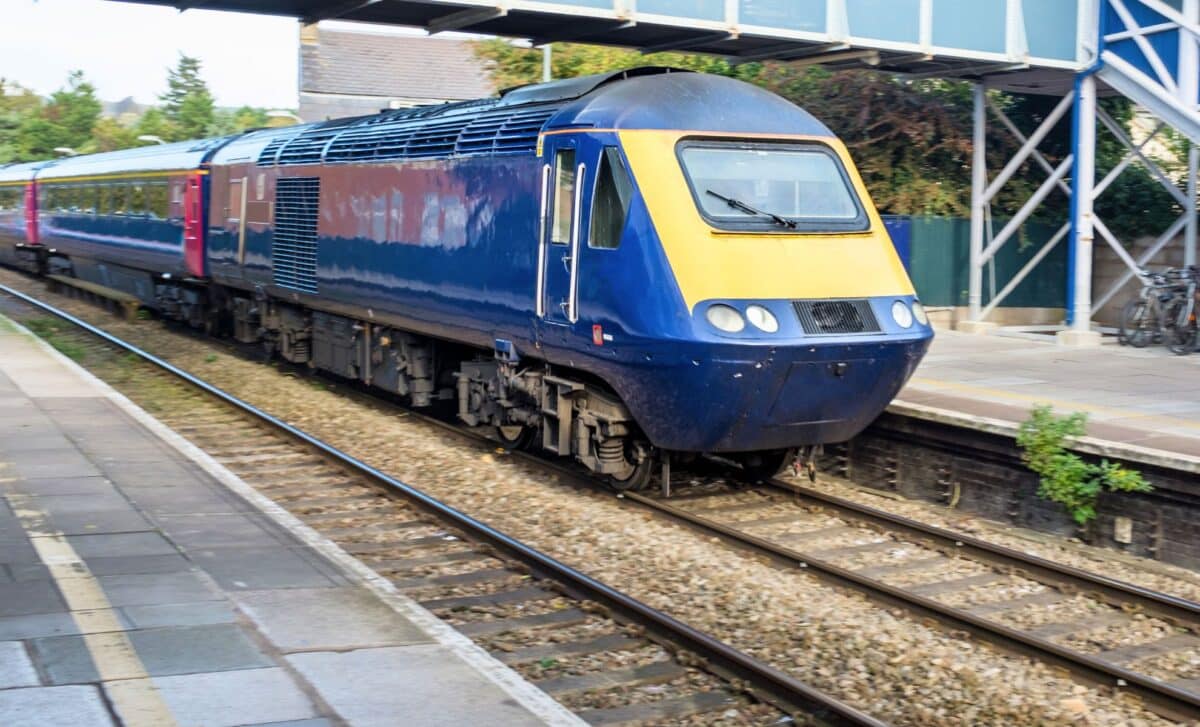The British train network faces serious disruption as a result of industrial action by the Associated Society of Locomotive Engineers and Firemen (ASLEF). The union has been at loggerheads with employers over employment issues for almost two years, with no sign of a breakthrough.
The overtime ban began yesterday and will run until Saturday, then again for 48 hours from next Monday, with a series of strikes to follow that will affect travel across the country.
This action is anticipated to cause short-notice delays and cancellations affecting services, with passengers strongly advised to check their travel plans to avoid any inconvenience.
Planned Train Strikes and Affected Railways
The strikes will affect different railways on different days.
- On Friday, the Avanti West Coast, CrossCountry, East Midlands Railway, West Midlands and London Northwestern lines will be affected.
- On Saturday, drivers will walk out on Chiltern Railways, Great Western Railway, London North East Railway, Heathrow Express, Northern and TransPennine Express.
- Monday’s strikes will disrupt services on c2c, Gatwick Express, Greater Anglia (including Stansted Express), Great Northern, Southeastern, Southern, South Western Railway (including Island Line) and Thameslink.
Such strikes would cause considerable disruption, with reduced or non-existent services across large sections of the network covered by the affected train operating companies. It is expected that services will also be disrupted and may start later the day following the date of a full strike.
Legislation has been passed to guarantee a minimum level of service during rail strikes. However, neither of the operators involved in the ASLEF dispute has used it so far.
ASLEF general secretary Mick Whelan pointed out that train drivers have not received a pay rise since 2019. Criticising the offer put forward by Rail Delivery Group in April, he said it was a takeover of terms negotiated over the years.
Great Western Railway and TransPennine Express, as well as other rail operators, have warned passengers about the forthcoming strikes and the disruption they will cause to scheduled services. Passengers were advised to check for updates and make alternative travel arrangements if necessary.
- Great Western Railway Passenger Information :
| Date | Service | Passenger information published |
|---|---|---|
| Wednesday 3 April | Non-strike day Normal level of service; some alterations and planned cancellations. Night Riviera Sleeper service is cancelled. |
Thursday 28 March |
| Thursday 4 April | Non-strike day Normal level of service; some alterations and planned cancellations. Night Riviera Sleeper service is cancelled. |
Thursday 28 March |
| Friday 5 April | Non-strike day Normal level of service; some alterations and planned cancellations. Night Riviera Sleeper service is cancelled. |
Thursday 28 March |
| Saturday 6 April | Strike day Extremely limited service between 07:00 and 19:00. Night Riviera Sleeper service is cancelled. |
Wednesday 27 March |
| Sunday 7 April | Non-strike day Normal level of service; some alterations and planned cancellations. Night Riviera Sleeper service is cancelled. |
Thursday 28 March |
| Monday 8 April | Non-strike day Normal level of service; some alterations and planned cancellations. Night Riviera Sleeper service is cancelled. |
Friday 29 March |
| Tuesday 9 April | Non-strike day Normal level of service; some alterations and planned cancellations. Night Riviera Sleeper service is cancelled. |
Friday 29 March |
For those who have purchased tickets from Great Western Railway but are not travelling, a full refund or ticket amendment may be available. For those who do travel and are delayed, they may be entitled to delay compensation if they are delayed by 15 minutes or more.
Department for Transport’s Stance
According to a Department for Transport spokesman, ASLEF was the only rail union to continue the strike, targeting passengers and preventing its own members from voting on the pay offer still on the table.
The spokesman pointed out that the Secretary of State for Transport and the Rail Minister had ensured that a pay offer was put on the table, which would increase the average train driver’s pay from £60,000 to £65,000.









